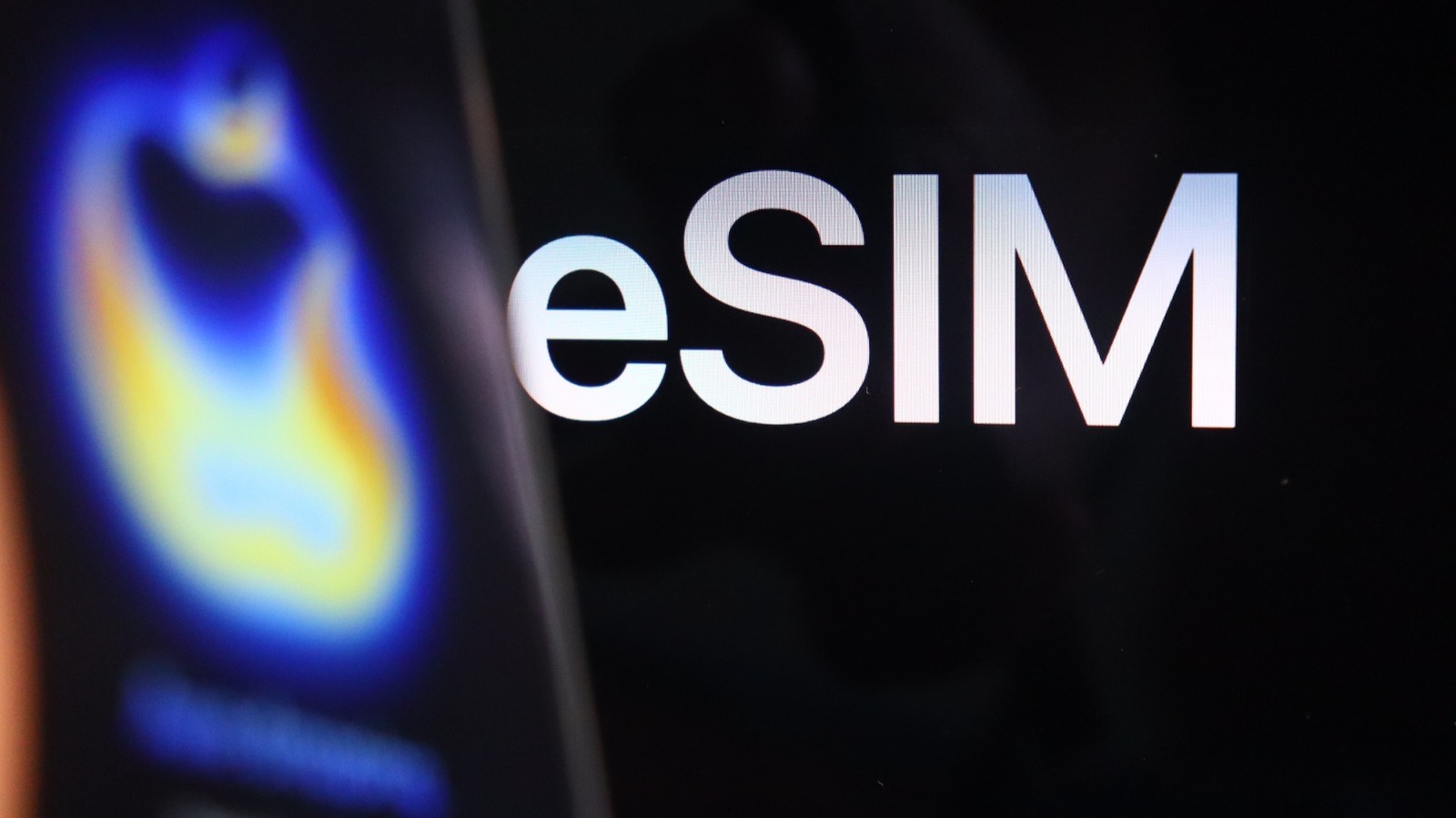Almost two years ago global brewing powerhouse InBev bought U.S.-based Anheuser-Busch for a staggering $52 billion, creating AB InBev, which now controls about a quarter of the world's beer market.
Carlos Brito, the company's CEO tells Big Think that “One of the beauties of this merger was to really enable Budweiser to become our global flagship brand.” Brito has been at the helm of AB InBev since 2005 (then simply InBev), and has seen the company through a series of mergers and acquisitions.
AB InBev is a global company, in ever sense of the term. The purchase of Budweiser brought an iconic national brand under the management of a company anchored abroad in Leuven, Belgium, and in San Paulo, Brazil. AB InBev commands nearly a quarter of the market share and ownership of hundreds of beer brands. It produces upwards of 400 million hectoliters per year. Yet with all this global growth has come the concern about retaining national identity of the brands. Is Budweiser still an American beer? Is Stella Artois still Belgian?
Brito answered this concern, as well as the issue of maintaining a brand’s national identity as it’s brought brought abroad.
Speaking about Budweiser’s global growth, Brito says, “Look at what Budweiser represents today in China. It’s by far the number one premium beer in China. You look at what it represents now in the U.K. more and more; what it represents in Canada, the number one brand; what it represents in the U.S.” He adds that the brand recently has been brought to Russia, and plans are forming to bring it to Brazil.
“We’re going to take Budweiser to where it belongs, which is a global stage,” he says.
AB InBev has a portfolio over 200 brands, ranging from “local jewels” limited to one region or country to global brands, such as Budweiser, Stella Artois, and Beck’s, Brito says.
Speaking with Big Think ahead of a company-wide day to promote responsible drinking, Brito spoke about why a company built on beer sales, and one that has had flagging sales in some sectors, would advocate less consumption.
“Excess consumption and consumers and volumes that come from consumers using our products in the wrong way is not what we need for our business,” he says. “We don’t need that kind of volume, that kind of consumer, to have a great business.”
by Big Think Editors









.jpg)


.jpg)